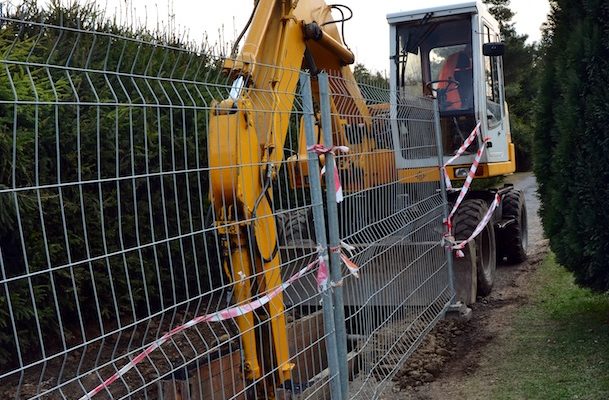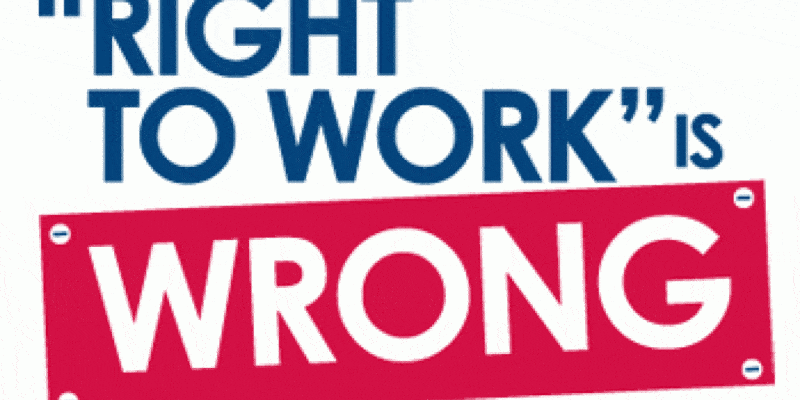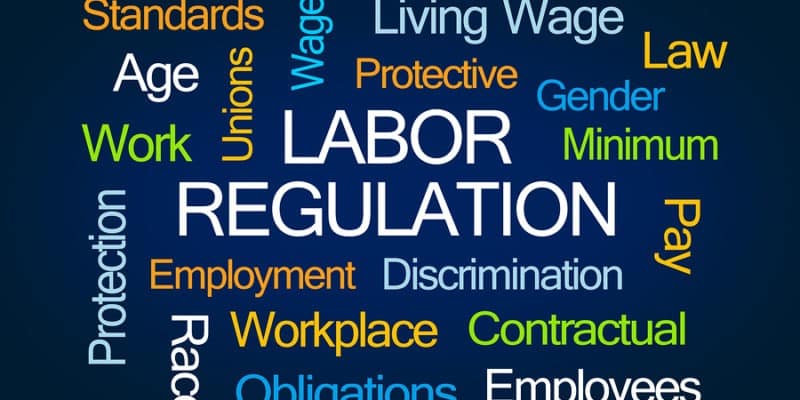Last Updated: March 14 2019
Article by Bruce J. Douglas, Kathleen Hoffmann and Brian A. Moen
The Minnesota Legislature is in session through May 20, 2019. This session promises to be very active with numerous bills affecting employers and the workplace. Major bills include paid leaves of absence (including family and sick leave), restrictions on an employer’s ability to access social media accounts, right-to-work legislation, vaccination exemptions, wage theft, and the legal standard for sexual harassment, and making available to a complaining party more information regarding the employer’s investigation and corrective action.
…
Wage Theft: H.F. No. 6 and S.F. No. 1933
A Minnesota bill, H.F. No. 6, seeks to provide that “[n]o employer shall commit wage theft.” Generally, “wage theft” refers to instances where an employer intentionally does not pay an employee all wages to which he or she is entitled. Common examples of wage theft include denying meal or rest breaks, paying a wage below the minimum wage, withholding tips, and not paying overtime. Minnesota state law currently addresses many of these specific scenarios (see Minn. Stat. § 181.03), but the proposed bill seeks to broadly define “wage theft” to include all situations where “an employer has failed to pay an employee all wages to which that employee is entitled.”
The bill also seeks to introduce stricter recordkeeping requirements for employers, increase the Minnesota Department of Labor and Industry’s enforcement tools (e.g., granting it the ability to issue subpoenas), and impose stricter penalties on employers for certain violations. Specifically, the bill proposes increasing monetary penalties for certain recordkeeping violations from $1,000 to $10,000, and imposing harsher criminal penalties upon employers for violations. For example, under the bill, an employer would be guilty of a gross misdemeanor if it engaged in wage theft and the total of unpaid wages to all affected employees was $10,000 or more.
H.F. No. 6, as written, has 33 Democrat and 2 Republican sponsors, but it is opposed by the Minnesota Chamber of Commerce. Proponents argue the bill is necessary to protect not only Minnesota employees, but also businesses and the community, which are harmed by those engaging in wage theft. For example, supporters argue that businesses engaging in wage theft cause the state to lose revenue from unpaid taxes on employee income. Conversely, critics argue that the bill’s definition of “wage theft” would presumably include situations where an underpayment was unintentional, which would therefore criminalize honest mistakes (for example, an employer could be found guilty for an inadvertent payroll error that caused a shortage in an employee’s paycheck). The bill was referred to the House’s Judiciary Finance and Civil Law Division on February 14, 2019.









